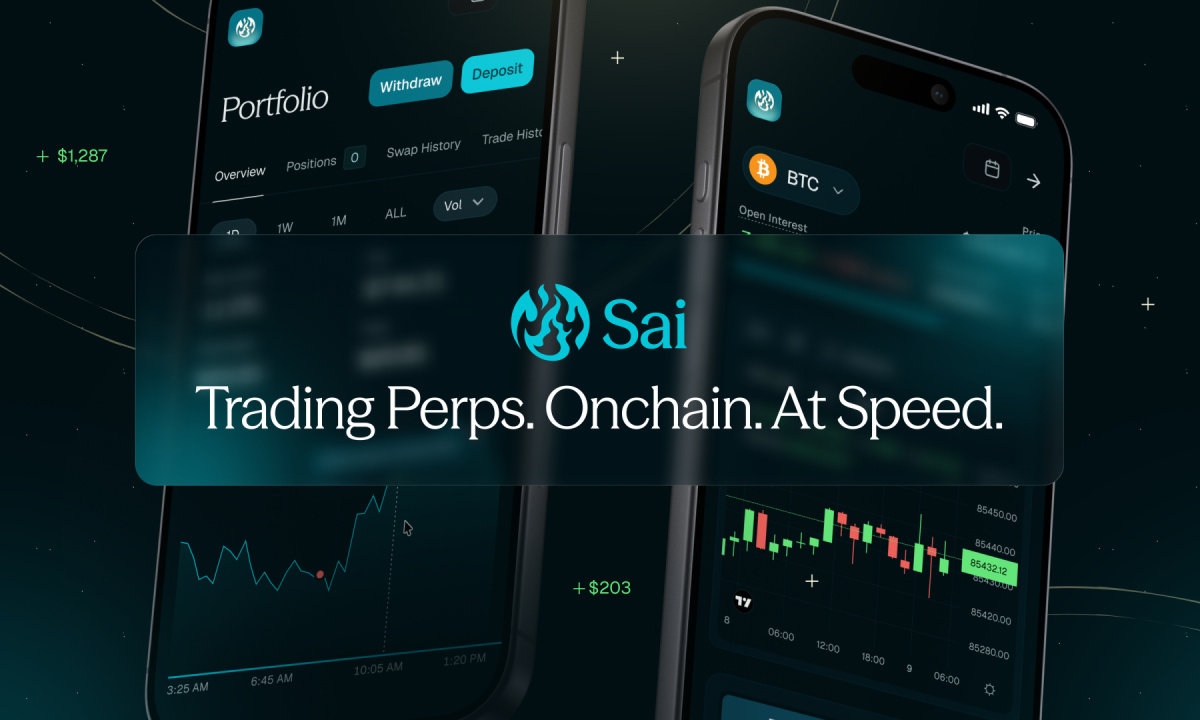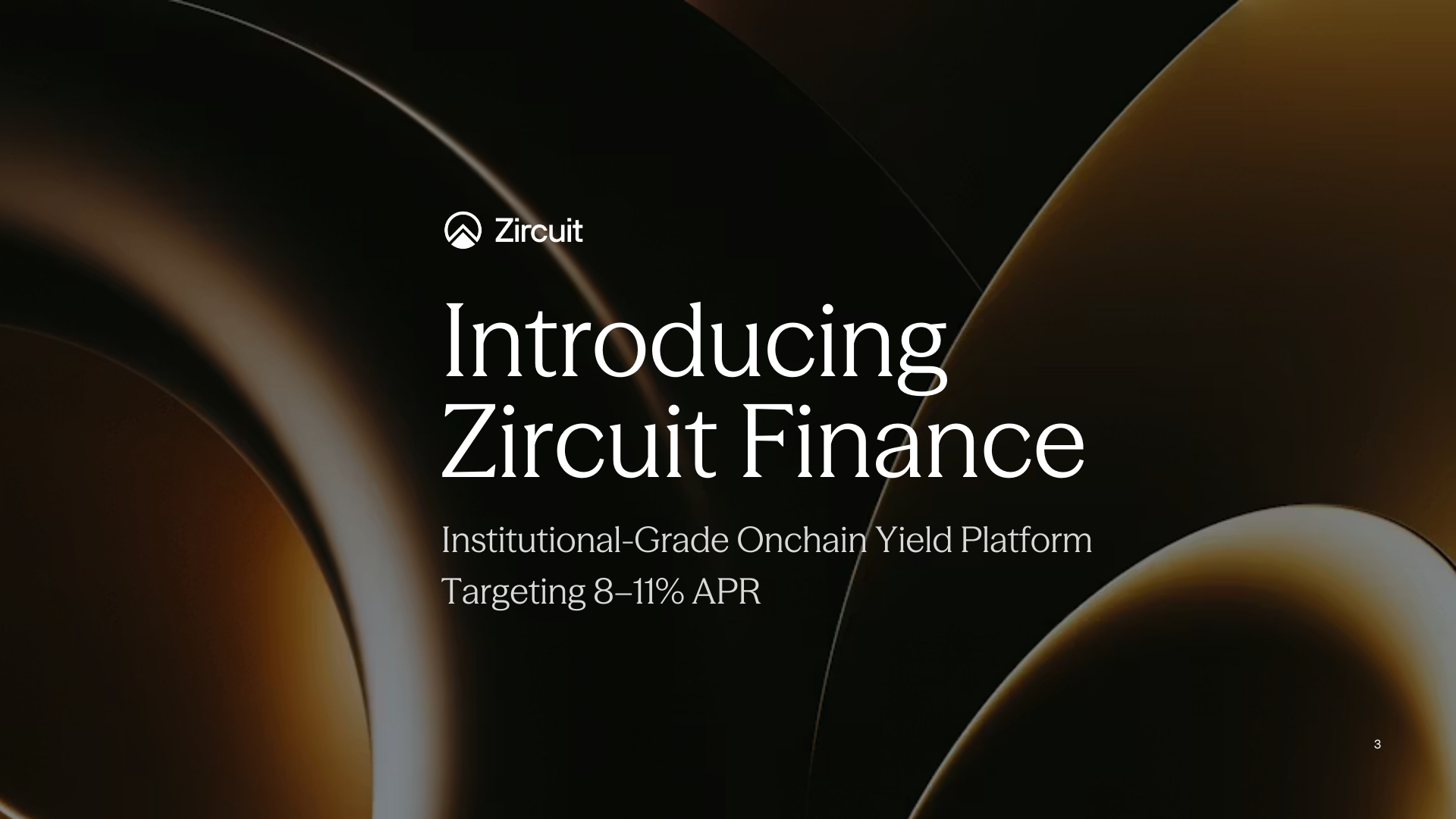Key Insights
- Ripple scored a major victory against the SEC in a three-year legal battle.
- The court ruled that XRP is not a security, which is a major setback for the SEC’s “regulate by enforcement” strategy.
- The ruling has sent shockwaves through the crypto market, with XRP’s price surging by more than 100%.
- The SEC is not completely wrong, however, as the court did rule that some of Ripple’s XRP sales were securities transactions.
- The ruling is a major victory for Ripple and the crypto community, and it could have a significant impact on the future of the industry.
Ripple recently scored another ultimate victory against the US Securities and Exchange Commission – SEC on Thursday this week.
On Thursday, 13th of July, the District Court under Judge Analisa Torres ruled in the final summary judgement between both parties, that SRP is not a security, and that the SEC had been in the wrong for all this time.
Recall that sometime in 2020, the SEC first sued Ripple over its sale of XRP tokens. The regulator claimed that XRP was a security and that Ripple was in violation of several US securities laws when it started to sell XRP to investors.
Within a matter of minutes, after the judgement was delivered, XRP’s price exploded upwards and hit a daily high of about $0.96 from about $0.45.
The cryptocurrency has now normalized to the $0.7 zone, but this counts as an intra-day price increase of about 100%.
In this article, we will delve into what all of this means for the SEC, Ripple and the entire timeline of the struggle between both parties.
The Summary Judgement
As mentioned earlier, this case has been ongoing between both parties since 2020, making the current struggle about three years old.
Here’s a full timeline of the struggle below:
- On December 22, 2020: The SEC filed the first against Ripple Labs, alleging that the company and its executives were selling XRP illegally.
- On February 24, 2021: Ripple responded with a motion to dismiss the SEC’s lawsuit, arguing that XRP is not a security.
- On March 10, 2021: SEC went further to respond with a reply brief to counter Ripple’s prior motion.
- In April 2021: The SEC and Ripple agreed to subject XRP to the Howey test.
- On February 17, 2022: The SEC and Ripple filed their opening briefs in the case.
- And on July 13, 2022: U.S. District Judge Analisa Torres ruled that Ripple did not violate federal securities law by selling its XRP token on public exchanges.
Back then in December 2020, the SEC sued Ripple, as well as two of its executives, Chris Larsen and Brad Garlinghouse, on allegations that both of these men and the company as a whole, was unlawfully selling XRP as a security.
The last three years have seen a series of ups and downs for both parties, with a win-some, lose-some dynamic between both parties.
The price of XRP has also reacted to the dynamics between both parties, soaring on some occasions and dipping massively on others.
However, this most recent development is bound to have some lasting impacts on the crypto market as a whole.
What Does This Mean For The Crypto Market?
It is important to note that while this (sort of) puts an end to the three-year struggle between both parties, this is only a trial court ruling, and the final ruling may be challenged in the supreme court.
However, it is no secret that the SEC’s “regulate by enforcement” strategy has been a big obstacle to the growth of the crypto market.
Ripple beating the SEC has so far been seen as a critical obstacle to overcome in the second half of 2023, as crypto assets continue to face a hard macro climate under intense pressure from US regulators.
Recall that the SEC also filed lawsuits against Coinbase and Binance in June, adding these two giants to the list of companies currently feeling the heat.
The SEC Hasn’t Lost Though
Investors are happy with Thursday’s decision and are even raking in profits as we speak. However, this is hardly a clear triumph on RIpple’s part.
The ruling divides XRP sales into three categories: institutional sales, programmatic sales, and “other distributions,” such as employee remuneration.
When it came to “Ripple’s Institutional Sales of XRP to sophisticated individuals and entities,” the court agreed with the SEC and ruled that XRP sales were securities transactions.
Ripple, on the other hand, prevailed when it came to “programmatic” sales, or sales done by trading algorithms, as well as other distributions.
In short, the judge determined that only some of Ripple’s XRP sales were illegal securities offerings as the SEC claims, while others aren’t.
Ripple’s XRP Sees Price Explosion
In a surprising turn of events, the XRP price has risen by more than 100% today.
History has been made because, for the first time, a cryptocurrency was declared not to be a security.
XRP tested the higher bounds of $0.8001, with a market capitalization of $42,427,136,971 and a 24-hour trading volume of $8,608,419,246.

The price of XRP has achieved its highest point since May 2022, as shown in the chart above, breaking a long-term $0.55 resistance.
The entire crypto market has also reacted positively to the news, with Bitcoin and Ethereum moving upwards by 4.3% and 6.8% respectively over the last 24 hours.
The global crypto market cap was on the rise, moving from $1.19 trillion to $1.26 trillion.
Disclaimer: Voice of Crypto aims to deliver accurate and up-to-date information, but it will not be responsible for any missing facts or inaccurate information. Cryptocurrencies are highly volatile financial assets, so research and make your own financial decisions.









